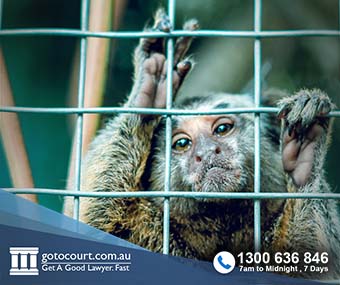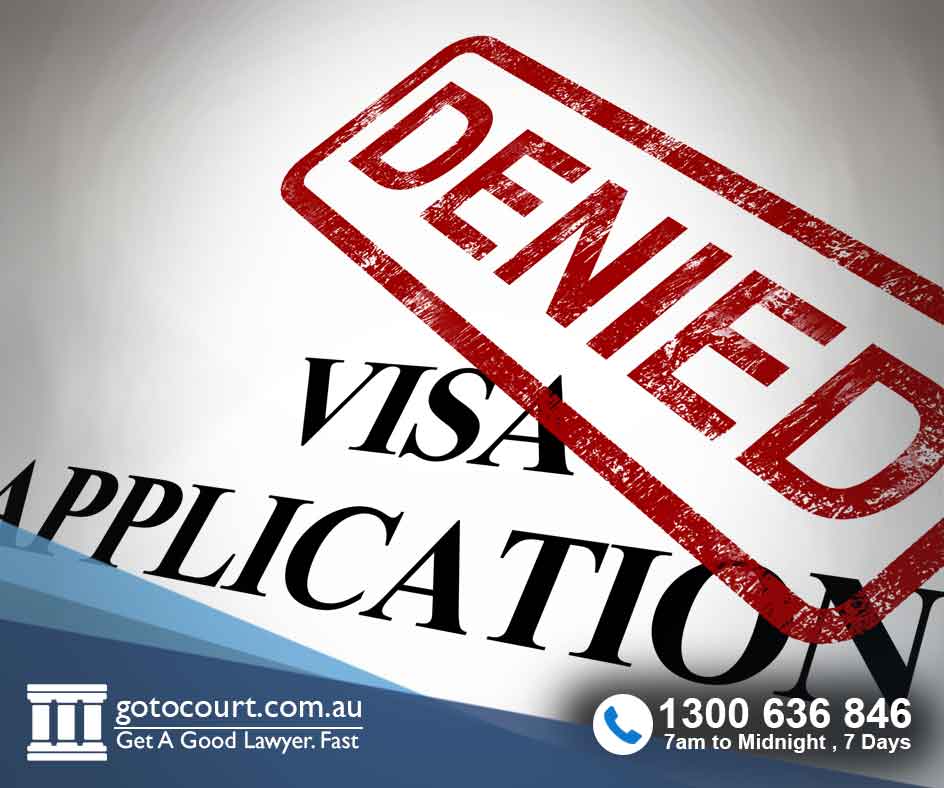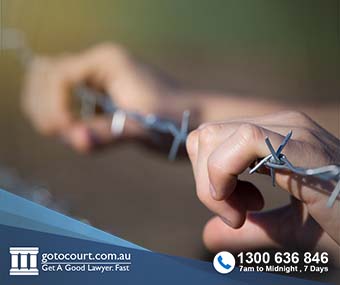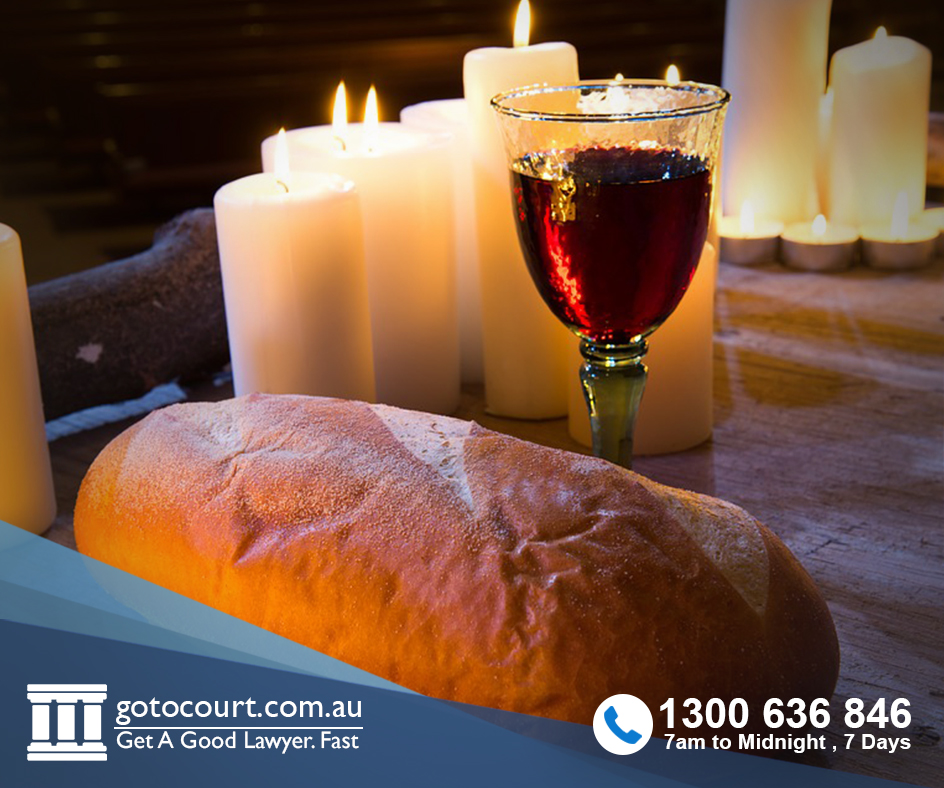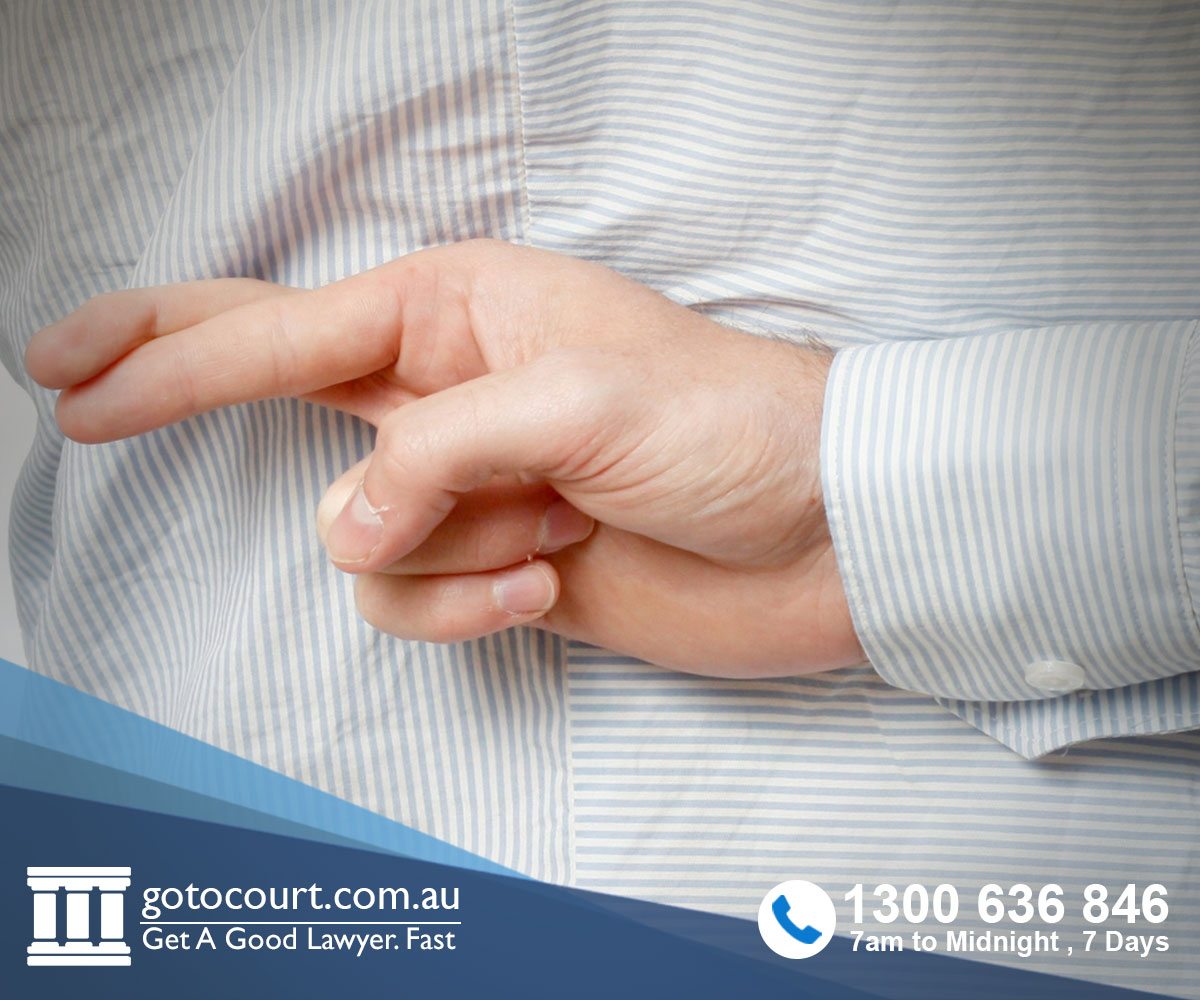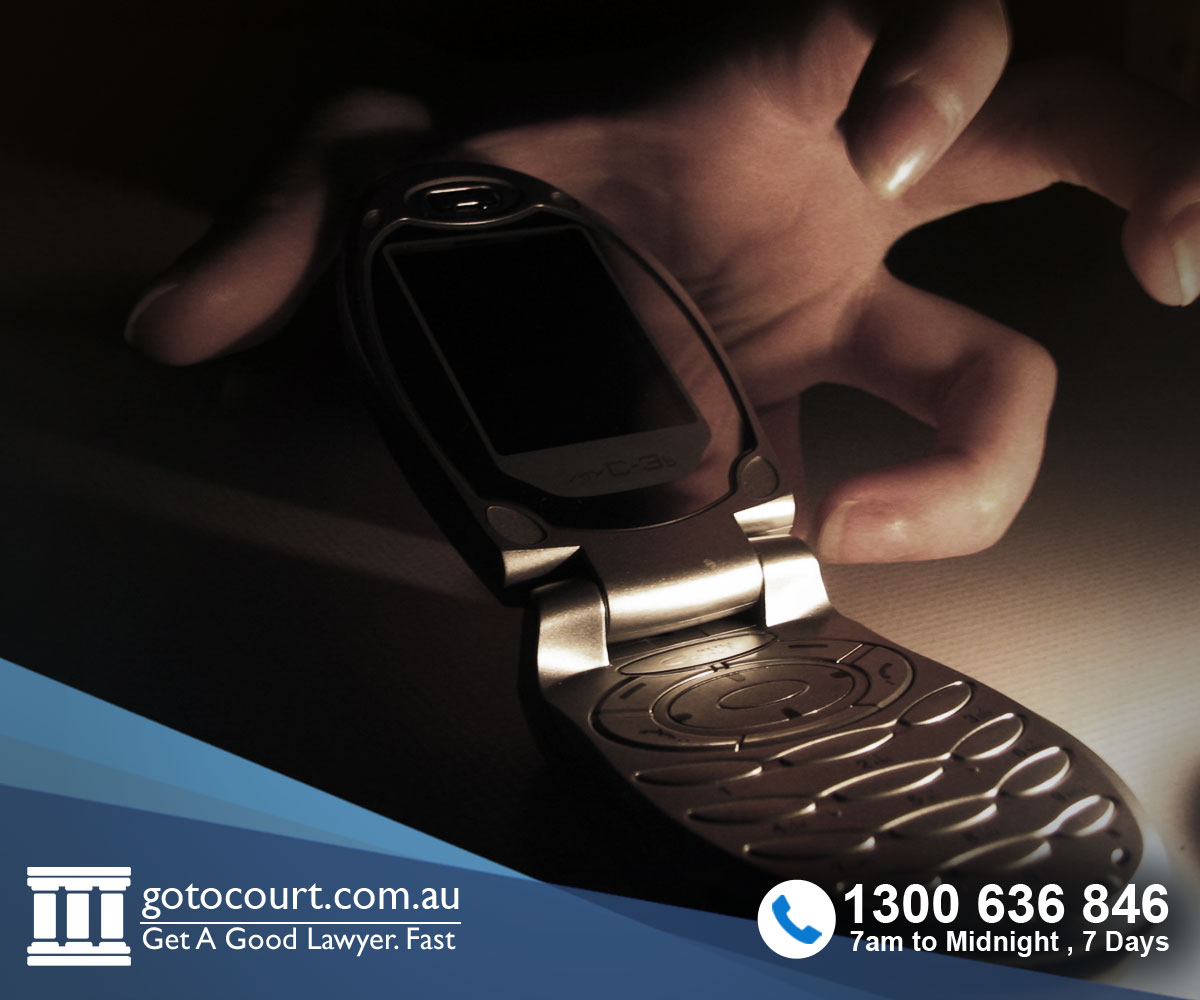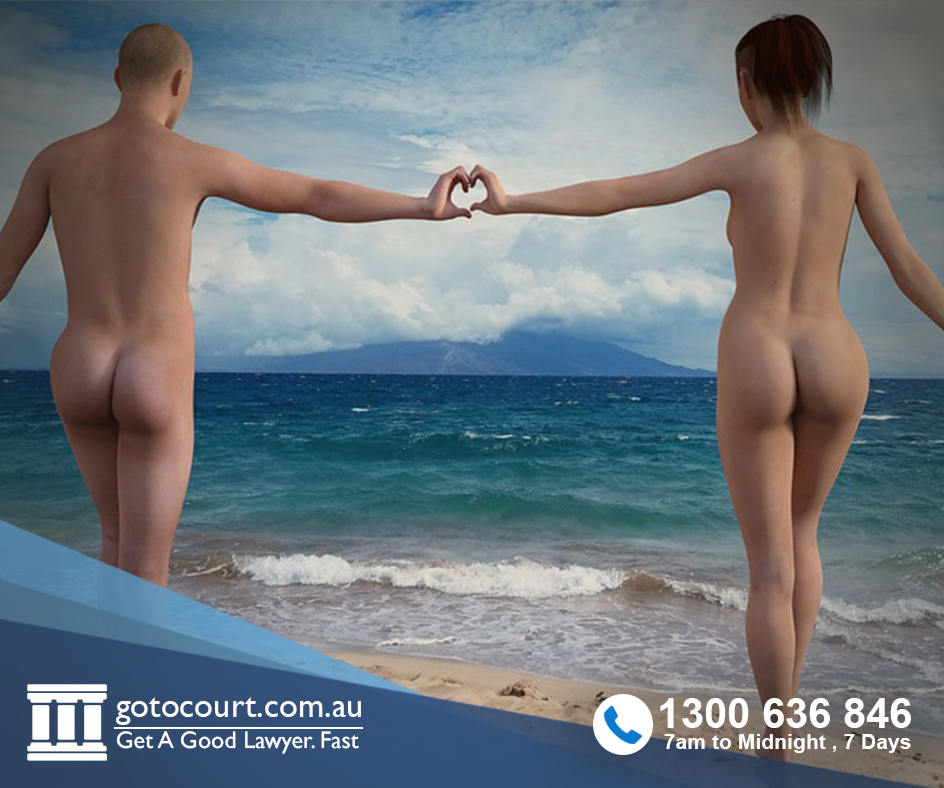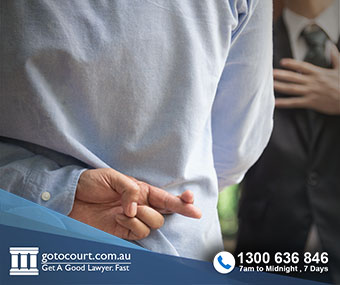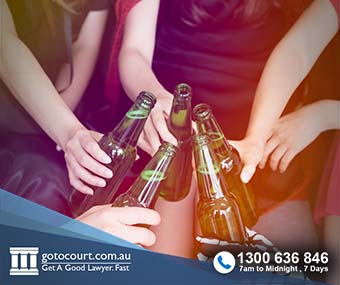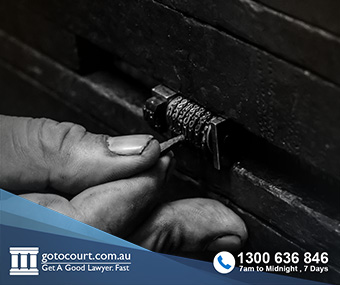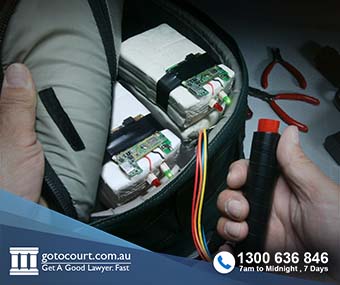LGBTIQ Rights and the Law (NSW)
LGBTIQ Rights and the Law (NSW)
Under New South Wales law, LGBTIQ people enjoy most of the same rights as other citizens. While consensual male homosexual sex was a criminal offence until 1984 in New South Wales, there have been steady advances in removing discriminatory laws and promoting LGBTIQ rights in recent years. Same-sex couples can now marry and adopt and transgender persons can have their gender identity recognised by government departments subject to certain conditions.
However, LGBTIQ activists still criticise some aspects of New South Wales laws, saying that they offer inadequate protection against discrimination on the basis of sexual orientation or gender identity. The failure of the New South Wales government to pass legislation outlawing the harmful practice of ‘conversion therapy’ is one example of this.
Age of consent
The age of consent in New South Wales stands at 16. This is the same regardless of the gender of the participants.
Until 2003, the age of consent in New South Wales stood at 18 for male homosexual sex and at 16 for heterosexual and lesbian sex. This was equalised in 2003, making New South Wales the third last Australian jurisdiction to reform its unequal age of consent laws.
Relationship recognition
Australia legalised same-sex marriage in 2017. Prior to that, the New South Wales Parliament had passed a motion calling on the federal government to pass the Marriage Equality Bill 2015. Other states passed similar motions.
Abolition of ‘gay panic’ defence
In 2014, the New South Wales government passed a law abolishing the antiquated ‘gay panic’ defence in common law. The so-called ‘gay panic’ defence allowed a person charged with murder to validly argue in their defence that they killed the victim in response to an unwanted homosexual advance.
Expungement of historical convictions
In 2014, the New South Wales parliament passed a bill allowing persons with criminal convictions for consensual homosexual sex to apply to have their convictions expunged. The existence of such historical offences on a person’s criminal record potentially restricts their access to employment, education and travel.
LBGTIQ rights and adoption
Same-sex couples have been able to adopt in New South Wales since 2010 when the Adoption Amendment (Same Sex Couples) act was passed. Same-sex couples can now adopt in all Australian jurisdictions.
Assisted reproduction
All women in New South Wales can access IVF treatment regardless of whether they are single or partnered. However, Medicare funding is only available to couples who are medically infertile.
Since 2008, the female partners of women who conceive through IVF have been recognised as legal parents. The Assisted Reproductive Technology Act 2007 allows donors of sperm or eggs to nominate classes of people who may not use their sperm or eggs. This legislative scheme has been criticised as allowing for discrimination against same-sex couples as well as discrimination on other grounds, such as race.
Gender identity
The New South Wales government allows a person to change their sex on their birth certificate and driver’s license after sexual reassignment surgery. However, this can only be done after surgery and does not accommodate the wishes of transgender individuals who have been unable or unwilling to undergo surgery.
To register a change of gender in New South Wales, a person must be over 18, have lived in New South Wales for at least a year and have had sexual reassignment surgery with the permission of two doctors.
LGBTIQ rights and discrimination
The Anti-Discrimination Act 1977 prohibits discrimination in workplaces, education and in the provision of goods and services. Section 49ZG of that act prohibits discrimination on the basis of a person’s homosexuality or on the homosexuality of a person’s relative or associate. The act does not specifically make reference to discrimination against bisexual persons. Discrimination against a bisexual person is therefore only unlawful to the extent that it targets the homosexual aspects of the person’s character or lifestyle.
The act also prohibits discrimination on the basis of transgender status (Section 38B) and makes it an offence to publicly vilify a person based on their transgender status. In serious cases of vilification where physical harm is threatened or incited, this offence carries a maximum penalty of six months imprisonment (Section 38T).
Conversion therapy
Despite the lobbying of LGBTIQ rights groups, conversion therapy has not been outlawed in New South Wales. Conversion therapy is the practice of trying to change a person’s sexual orientation from homosexual to heterosexual or bisexual using psychological and/or spiritual interventions. Conversion therapy is widely considered unscientific and harmful and some legal jurisdictions around the world have outlawed the practice.
If you require legal advice or representation please contact Go To Court Lawyers.

Affordable Lawyers
Our Go To Court Lawyers will assist you in all areas of law. We specialise in providing legal advice urgently – at the time when you need it most. If you need a lawyer right now, today, we can help you – no matter where you are in Australia.How It Works




1. You speak directly to a lawyer
When you call the Go To Court Legal Hotline, you will be connected directly to a lawyer, every time.

2. Get your legal situation assessed
We determine the best way forward in your legal matter, free of charge. If you want to go ahead and book a face-to-face appointment, we will connect you with a specialist in your local area.

3. We arrange everything as needed
If you want to go ahead and book a fact-to-face appointment, we will connect you with a specialist in your local area no matter where you are and even at very short notice.

